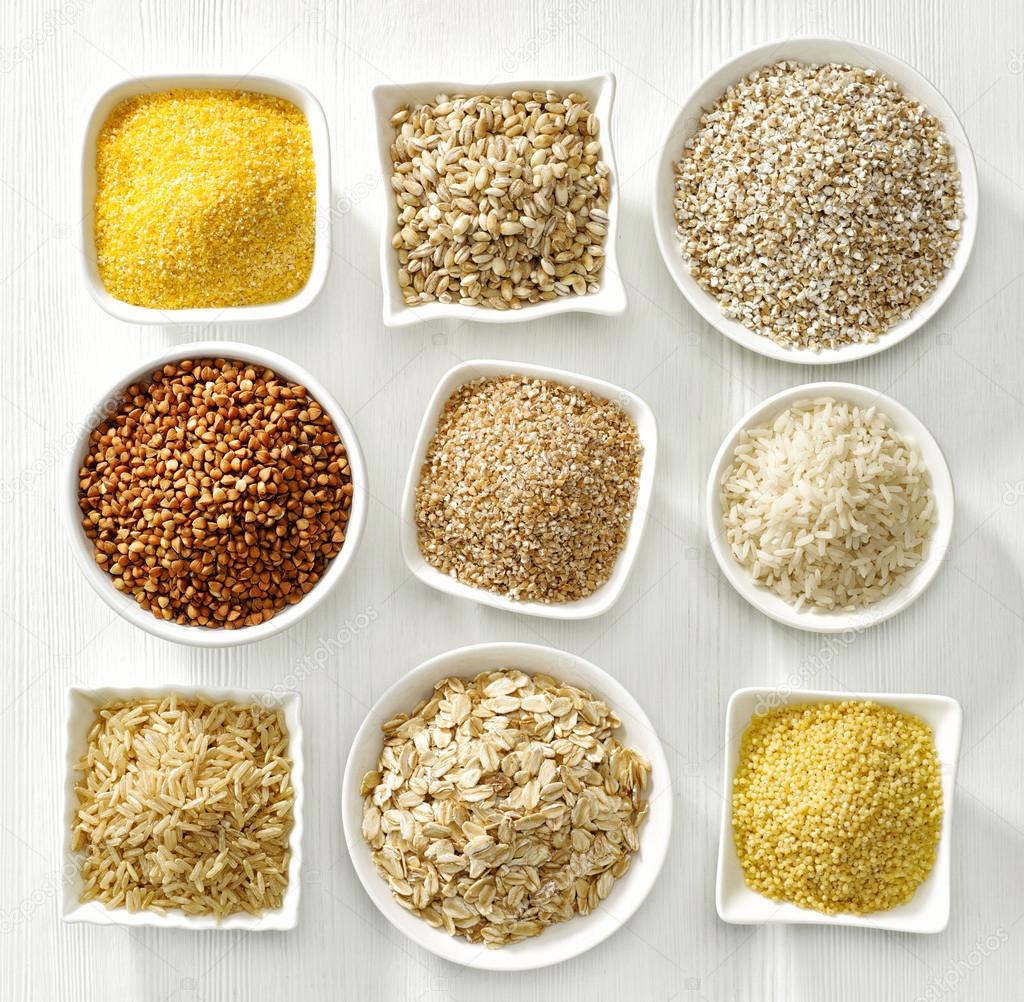Introduction
In today's fast-paced world, finding time for a nutritious breakfast can be challenging. However, what we choose to eat in the morning sets the tone for the entire day. Organic cereals have become a popular choice for health-conscious consumers who prioritize both nutrition and sustainability. But what exactly makes organic cereals stand out from the rest? Let’s explore the benefits of organic cereals and why they should be a staple in your pantry.
What Are Organic Cereals?
Organic cereals are made from grains that are grown without the use of synthetic pesticides, herbicides, or genetically modified organisms (GMOs). This means the grains are cultivated using natural methods, such as crop rotation and organic fertilizers, to maintain soil health and protect the environment. The lack of chemical additives and artificial preservatives also ensures that what you’re eating is closer to nature.
Nutritional Benefits
-
Rich in Nutrients: Organic cereals are often packed with essential vitamins, minerals, and fiber. Whole grains like oats, barley, and quinoa retain their nutrient content because they are less processed compared to conventional cereals. This makes them an excellent source of energy to kickstart your day.
-
High in Fiber: One of the standout benefits of organic cereals is their high fiber content. Fiber aids digestion, helps regulate blood sugar levels, and keeps you feeling full longer, which can be particularly beneficial for weight management.
-
Low in Sugar: Many organic cereals are low in added sugars, which is a significant advantage over conventional cereals that often contain high levels of refined sugars. Lower sugar content reduces the risk of obesity, diabetes, and other related health issues.
-
No Artificial Additives: Organic cereals are free from artificial colors, flavors, and preservatives. This means you’re consuming a product that is free from potentially harmful chemicals, making it a healthier option for you and your family.
Environmental Impact
-
Sustainable Farming Practices: Organic farming methods prioritize environmental sustainability. By avoiding synthetic chemicals, organic farmers protect the soil, water, and biodiversity. This leads to healthier ecosystems and reduces the carbon footprint associated with food production.
-
Support for Local Farmers: Purchasing organic cereals often means supporting small-scale farmers who follow sustainable practices. This can help promote local economies and ensure the longevity of eco-friendly farming methods.
Why Choose Organic Cereals?
Choosing organic cereals is not just a decision for better health, but also for a better planet. By opting for organic, you’re supporting a system that values the environment, animal welfare, and human health. Plus, with the wide variety of organic cereals available today, from traditional oats to modern superfoods like quinoa, there’s something to suit every palate.
Conclusion
Starting your day with organic cereal is a simple yet powerful way to nourish your body and contribute to a healthier planet. With their superior nutrient profile, absence of harmful chemicals, and positive environmental impact, organic cereals are a choice you can feel good about. So next time you’re at the grocery store, reach for that box of organic cereal and enjoy a wholesome start to your day.

